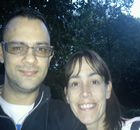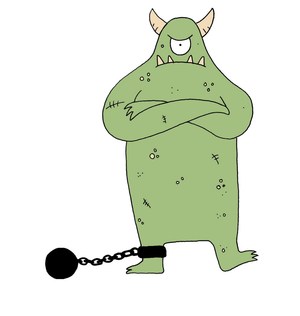I’ve been busy recently editing film from the second interview I had with James Deakin, Founder of North Wales Recovery Communities (NWRC) in Bangor. I’m so impressed by what is happening at NWRC.
Whilst editing, I remembered I wanted to post a blog on James’s film where he discusses being ‘ballsy’. In my humble opinion, you need a chunk of ‘ballsiness’ to get some things done in the recovery field and climb over the barriers that the system sometimes puts in the way.
James is often accused of being an ‘ego-merchant’. He think there’s a fine line between ‘being ego’ and ‘being ballsy’. He believe he is the latter. He says to his community members, ‘I’m not afraid to fail. I’m afraid of not trying.’ David points out that we need people who are ‘ballsy’ in the recovery field.

 Whilst looking through my collection of ‘voices of recovery’ to see what might be appropriate for the book on recovery I’m writing, I came across this Recovery Stories blog post from September 2013. This is the first of a series of posts that Rosie first wrote on our online Wired In To Recovery community website which ran from 2008-12.
Whilst looking through my collection of ‘voices of recovery’ to see what might be appropriate for the book on recovery I’m writing, I came across this Recovery Stories blog post from September 2013. This is the first of a series of posts that Rosie first wrote on our online Wired In To Recovery community website which ran from 2008-12.


 We all know that people with substance use problems and their families are stigmatised by many people. Here, Peapod blogs about stigma on Wired In To Recovery in 2009.
We all know that people with substance use problems and their families are stigmatised by many people. Here, Peapod blogs about stigma on Wired In To Recovery in 2009.
